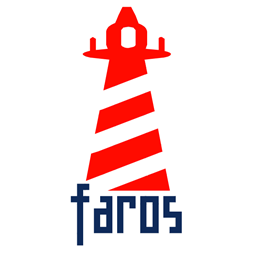Human Factors in Risk-Based Ship Design Methodology

Projektleitung:
Romanas Puisa (Brookes Bell LLP, London)
Prof. Dr. Ing. habil. Knud Benedict (HSW, ISSIMS)
Finanzierung:
EU Projekt im 7. Rahmenprogramm im Call " Human element factors in shipping safety"
Bearbeitungszeit:
11/2012 - 11/2015
Bearbeiter:
Dipl.-Ing. Matthias Linnenbecker
Kooperationspartner:
BBL: Brookes Bell LLP, project co-ordinator (http://faros-project.eu/)
AALTO: Aalto-Korkeakoulusaatio;
AMC: Alfa Marin Technikh Symvouleytikh Meleton Kai Ergon Epe;
CIDTG: Fundacion para o Fomento da Calidade Industrial e o Desenvolvemento Tecnoloxico de Galicia;
DBL: Deep Blue SRL;
LR: Lloyd's Register EMEA;
NAP: Naval Architecture Progress;
TLG: Tallink Grupp AS;
UCL: University College London;
UoS: University of Strathclyde, Glasgow;
VTT: Teknologian Tutkimuskeskus VTT.
Inhalt:
EU Projekt im 7. Rahmenprogramm zur Entwicklung von Risiko-basierten Schiffsentwurf und Testung der Modelle durch Szenarien im Ship Handling und Ship Engine Simulator.
FAROS is a project to develop an approach to incorporate human factors into Risk-Based Design of ships. The project consortium consists of 12 members including industry, academia and research institutes. The rationalised nature of the Risk-Based Design (RBD) methodology will be used to integrate the human element into the ship safety framework and deliver ship concepts (passenger and cargo) that are safe, economic and green. This will be achieved by (1) quantitatively linking global design factors (e.g., ship motions, vibration, noise, general arrangement) to the crew performance failure modes (e.g., fatigue, stress) and (2) optimising multi-disciplinary ship performance using state-of-the-art tools, methods and empirical knowledge.
